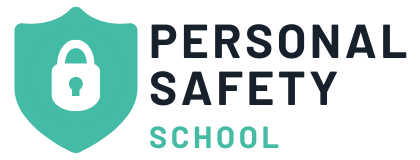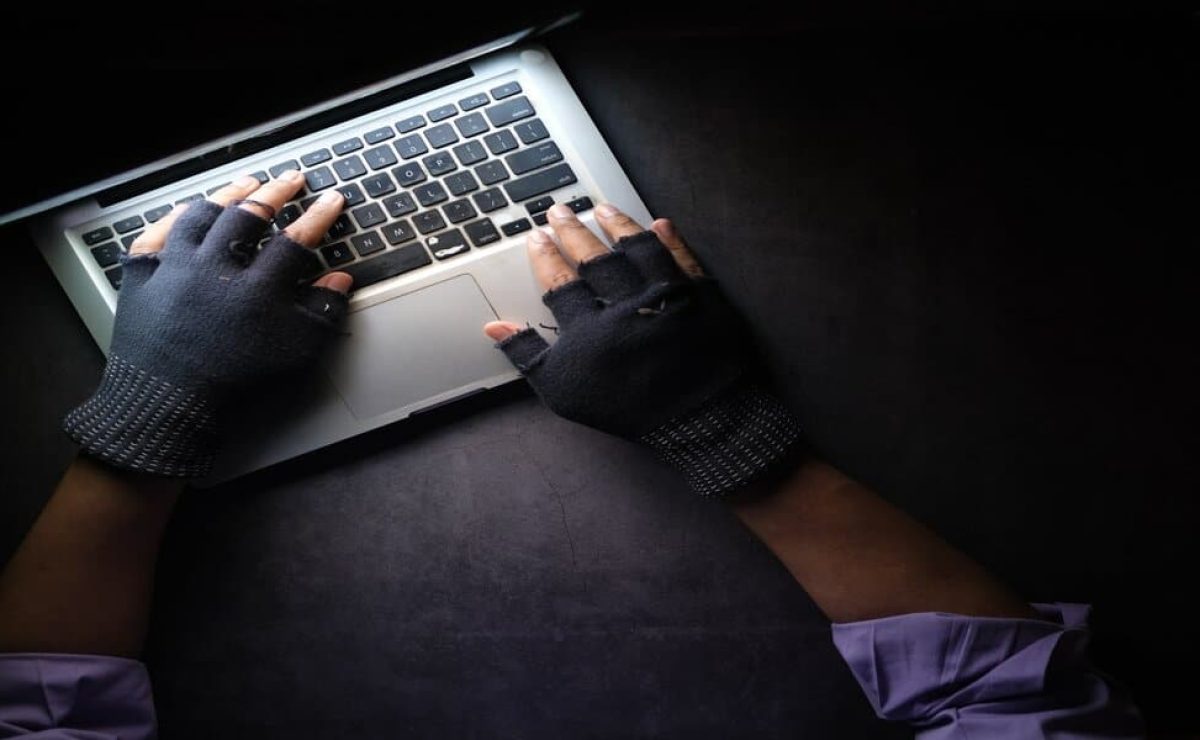Nowadays, everyone is online. Spending time in the virtual world has become a favorite activity for so many of us. You likely know a thing or two about potential dangers lurking online, but you probably don’t think it will happen to you. Online identity theft is one such danger…
Now, you may think that no one would bother stealing your identity. After all, you are just a regular person, why would you be a victim of online identity theft? Unfortunately, scammers who specialize in online identity theft don’t care if you aren’t rich or notable in any other way.
By stealing your identity, they can empty your bank accounts, get loans in your name, and access your sensitive financial and medical data. To help you avoid this, we curated these tips so you can learn everything you need to know about online identity thefts, including how to recognize and prevent them. Keep reading to learn more!
What Is Identity Theft?
To put it simply, identity theft occurs when someone steals your sensitive and confidential information to pose as you. This information includes your bank account and other financial information, your social security number, credit card number, passport number, and the list goes on.
With this information, scammers either steal your money or commit various fraudulent and criminal activities. To make things even worse, there are several different types of online identity theft. This makes it hard to recognize such scams, even if you are tech-savvy.
Here are some of the most common types of online identity theft:
- Account fraud – Occurs when scammers get the info about your bank accounts
- Credit and/or debit card fraud – Crooks gain access to your credit/debit cards
- Email identity theft – Scammers gain access to your email and can now get your other personal info as well.
- E-commerce identity theft – If a perpetrator gains access to your accounts on popular e-commerce websites, they can place orders in your name.
How Can You Recognize Identity Theft
Another disturbing thing about online identity theft is the fact that victims don’t notice it until it’s too late. However, recognizing the signs of identity theft can minimize the damage and prevent more serious issues along the way.
One of the biggest signs of online identity theft is when your credit card gets charged for things you didn’t buy. Or, you might notice some unexpected and unfamiliar charges in your bank statement.
Additionally, some types of online identity theft include opening a bank account in your name. If you find that you have a bank account that you didn’t open, that should also raise the alarm.
Apart from getting you into unexpected debt, these bank accounts can mess up your credit score. As a result, banks might decline you if you apply for a loan or mortgage. Imagine how stressful it would be if you worked your entire life to have a good credit score, and then someone tanked it without your knowledge!
You might also receive mysterious medical bills or even reimbursements. In general, if you receive any bills out of the blue, something is wrong, and you shouldn’t ignore it. In short, if you notice you have less money than you should (or no money at all), you are most likely a victim of online identity theft.
Finally, you might receive some unusual emails or messages. For example, these emails or messages might require you to provide your credit card or login info. Ignore them because they are phishing scams.
Also, if you receive some legit emails or messages coming from websites and services that you didn’t subscribe to, this can be a sign of online identity theft.
What to Do If You Are a Victim of Identity Theft?
If you notice any of the above signs of online identity theft, you need to react fast. First, you need to ensure that you are a victim of online identity theft. For example, if you see some unexpected charges on your credit card or bank account, check if these are just some purchases that you forgot you made.
If you are certain that there is something fishy going on, contact your bank as soon as possible. The bank will cancel your existing cards, monitor your bank account, and even close fraudulent accounts.
Report the identity theft to the police. If they don’t have a department dealing with such type of crime, they will escalate your case to other relevant authorities. By reporting, you may save someone else from having their identity stolen.
Also, in case you are experiencing some issues or even criminal charges due to your identity being used to commit crimes, a police report will be your proof that you are just a victim of the whole situation. Don’t forget to keep all other documentation and correspondence about your case.
Change all of your passwords and try to use stronger ones that no one can guess. If you have security questions as a form of authentication, change them as well. Go through your email subscriptions and cancel everything suspicious. Change your login info for e-commerce websites.
Gather a list of all (or at least the major ones) credit reporting agencies in your state. Give them a call to check if there were some unusual inquiries or requests. Also, contact all major loan companies and organizations to see if anyone has taken out a loan in your name.
Keep your eye on your accounts and keep track of all your expenses. Be careful where and with whom you share your confidential info.
Learn to Prevent Identity Theft
Of course, preventing online identity theft is a much better and less stressful solution than taking action when the damage is already done. First of all, keep your personal information safe and don’t share it unless necessary.
Even if you never had any issues, monitor your financial statements closely and regularly. Use strong passwords and 2FA wherever possible. Don’t share too much about yourself on social media, especially with strangers. Don’t post pictures where your credit card or other personal and financial info could be seen.
Keep your software and devices updated. This will provide an additional layer of protection. You should also use a reliable antivirus and anti-malware software. Last but not least, don’t click on suspicious links or downloads.
Final Thoughts on Protecting Your Identity
If you notice any suspicious activities on your email, credit card, or bank account, don’t take them lightly. Also, if your money is missing without explanation – it is a sign of online identity theft. Contact your bank or credit card provider and the police.
Try to prevent this from happening at all. Keep your information safe and monitor all your bank accounts, credit cards, and emails. This can seem like a lot of work, but it will protect you from serious issues and stressful situations.

Be aware, and stay safe!
Found this article useful? please share it with your friends!
And to stay up to date with our latest content, don’t forget to follow us on Facebook!




